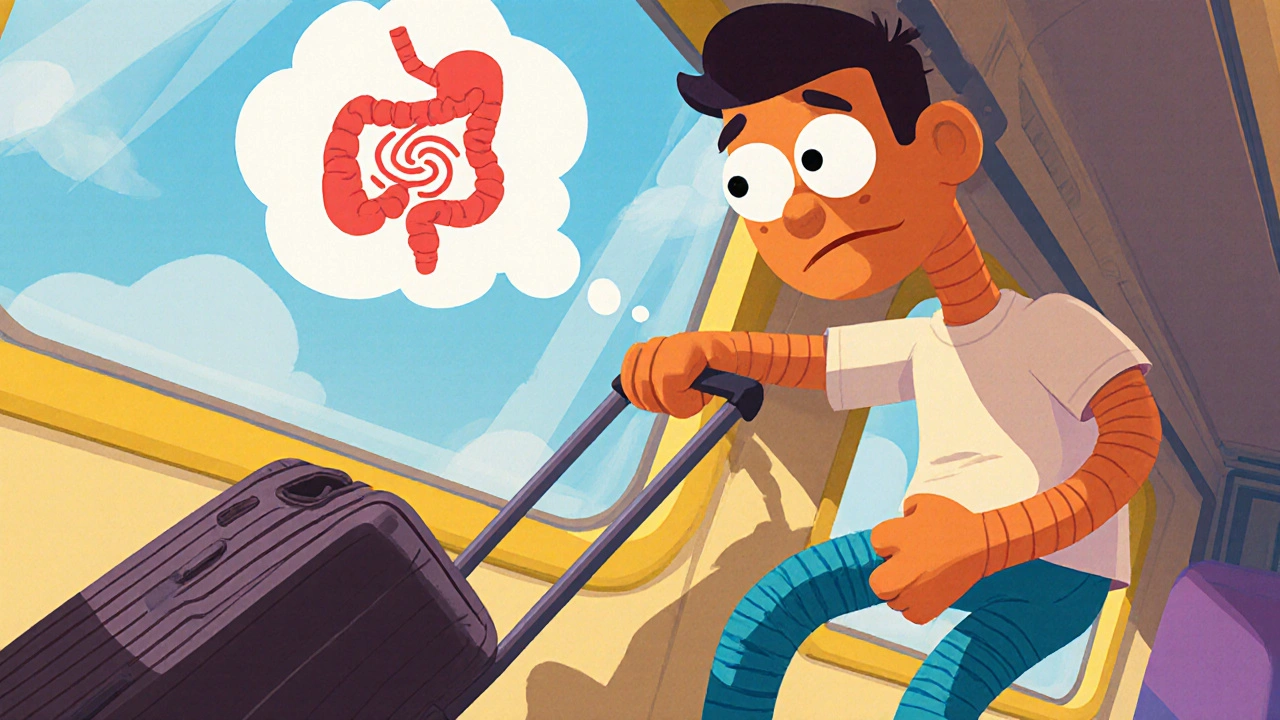Dehydration: Causes, Signs, and What You Can Do
When your body loses more fluid than it takes in, you get dehydration, a condition where your body doesn’t have enough water to function normally. Also known as fluid deficit, it’s not just about feeling thirsty—it can mess with your energy, focus, and even your heart. It’s not rare. People get dehydrated from sweating too much in the heat, skipping water all day, or even from illnesses like diarrhea or vomiting. You don’t have to be running a marathon to be at risk. Kids, older adults, and people on certain meds are especially vulnerable.
Dehydration isn’t just about dry mouth. Look for dark urine, dizziness, dry skin, headaches, or confusion. In serious cases, your heart races, your blood pressure drops, and you might faint. It’s often confused with heat exhaustion or even a cold—until you realize you haven’t had a sip of water since morning. electrolytes, minerals like sodium, potassium, and magnesium that help your nerves and muscles work get washed out with fluids, which is why plain water isn’t always enough. Sports drinks or oral rehydration solutions can help restore balance faster.
Some meds make dehydration worse. Diuretics, used for high blood pressure or swelling, make you pee more. Antihistamines and some antidepressants can reduce sweating. If you’re on these, you need to be extra careful about water intake. And don’t wait until you’re thirsty. By then, you’re already behind. Sip water throughout the day, especially if you’re active, in hot weather, or sick. Eating water-rich foods like cucumbers, oranges, or watermelon helps too.
People with chronic conditions—like kidney disease or diabetes—are at higher risk. That’s why understanding fluid balance matters. You can’t just drink a gallon and call it good. Too much water too fast can be dangerous too. It’s about steady, smart intake. And if you’re caring for someone elderly or a young child, watch for subtle signs: less urination, irritability, or sunken eyes. These aren’t normal. They’re red flags.
Below, you’ll find real guides on how medications, illnesses, and daily habits connect to fluid loss. You’ll see how things like coughs, heart meds, or even fever can silently drain your body’s water. No fluff. Just what works.

Managing Acute Diarrhea on Long-Distance Trips: A Practical Guide
Caspian Mortensen Oct, 15 2025 13Learn fast, practical ways to handle acute diarrhea on long trips-from immediate hydration and medication to packing tips, food safety, and when to seek medical help.
More Detail